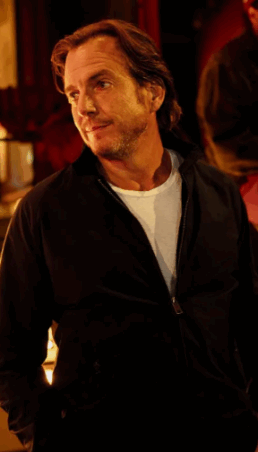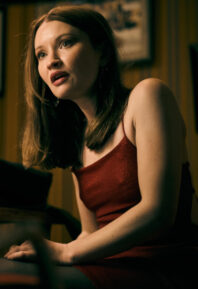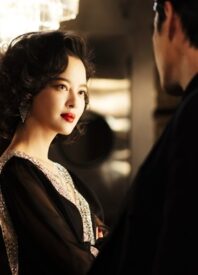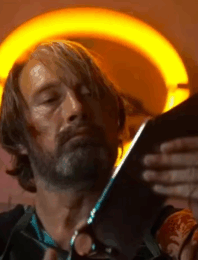Life Is Funny: Our Review Of ‘Is This Thing On?’
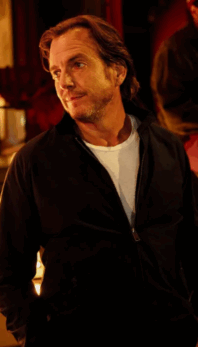
- Genre: Comedy, Drama
- Release Date: 12/19/2025
- Directed by: Bradley Cooper
- Starring: Laura Dern, Will Arnett
Well…is it? Out in theatres now; Is This Thing On? is a surprisingly high quality dramedy and while it’s not quite the awards bait it thinks it is, it’s adjacent enough to that territory to be one of the better films of the year. As their marriage quietly unravels, Alex (Will Arnett) faces middle age […]
Read More
